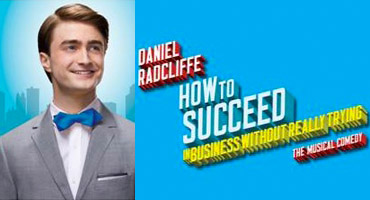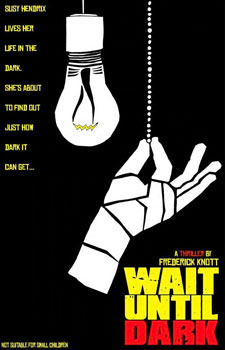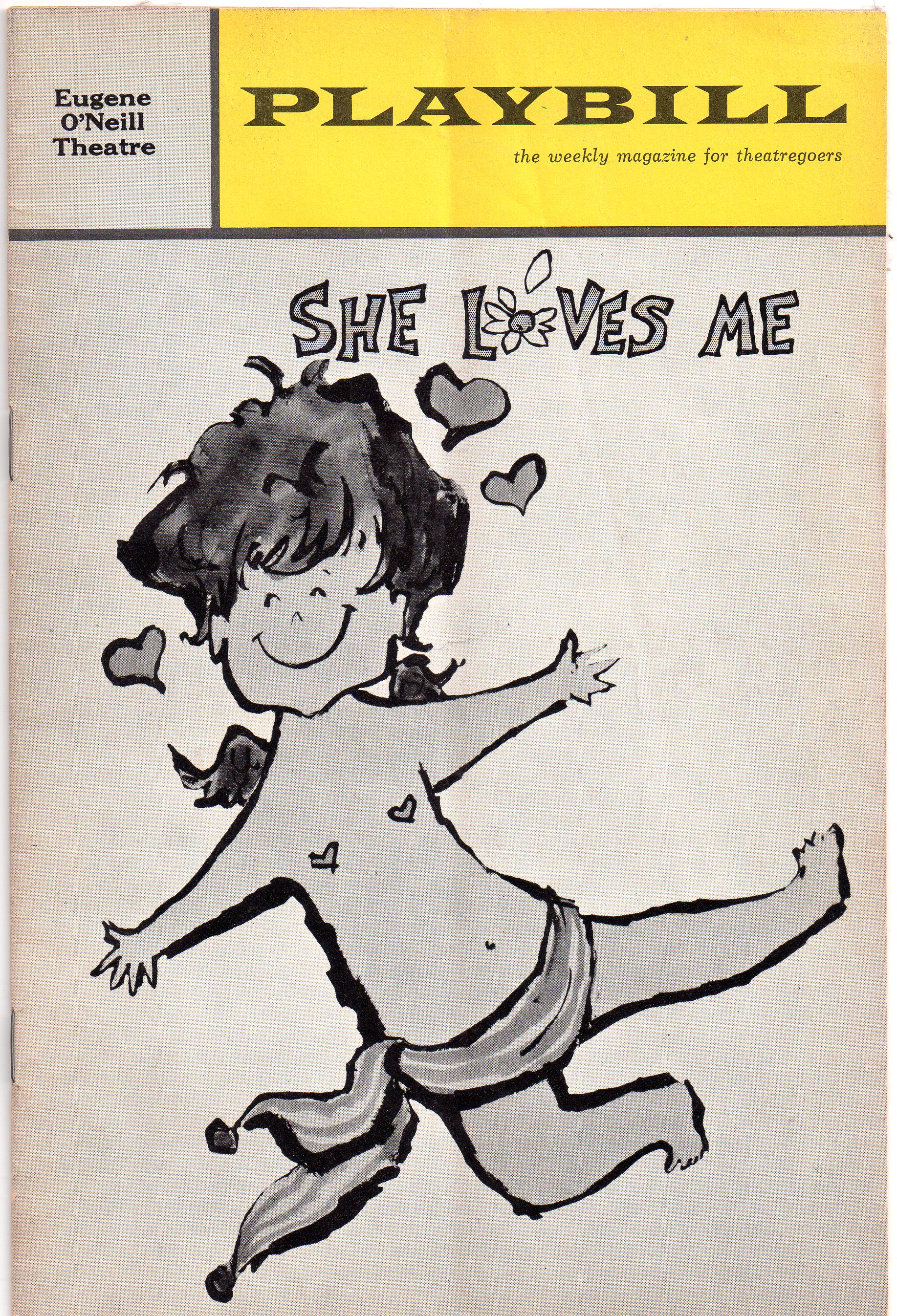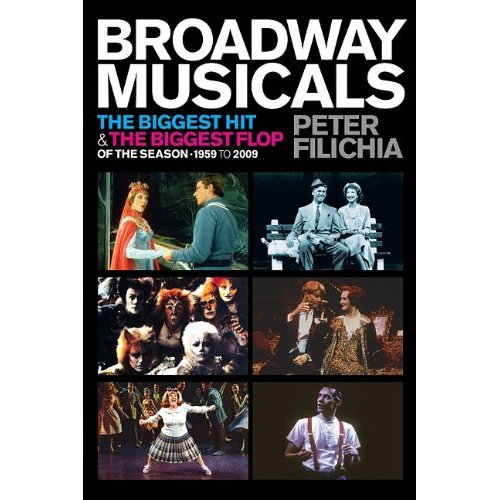Old habits die hard. I haven’t written about theatre in years but I am still keeping track of what I listen to; a grasp at normalcy in abnormal times, perhaps. Every recording—which I listened to in its entirety; the only criterion—is linked to its own page on castalbums.org (a site I highly recommend for serious collectors of theatre music).
An asterisk indicates a first-time listen.
1/2 – The King and I [1977 Broadway Revival Cast Recording]
1/11 – Caroline, or Change [The New Broadway Cast Recording]
1/17 – The Card [Original London Cast Recording]*
1/18 – Charlie Girl [Original London Cast Recording]
1/19 – The Most Happy Fella [Complete Studio Cast Recording]
1/20 – I Can Get It For You Wholesale [Original Broadway Cast Recording]
1/24 – Linzi Hateley: For the First Time*
1/30 – Ragtime [Concept Cast Recording]
2/8 – Peter Pan [Original Broadway Cast Recording]
2/18 – Regina [1958 NYCO Cast Recording]
2/19 – Crazy For You [Original Broadway Cast Recording]
2/21 – Six [Studio Cast Recording]
2/23 – Brigadoon [2019 Vienna Cast Recording]*
2/24 – The Sound of Music [The New Broadway Cast Recording]
2/25 – Flying Over Sunset [Original Broadway Cast Recording]*
3/3 – West Side Story [2021 Motion Picture Soundtrack]*
3/8 – Hamilton [Original Broadway Cast Recording]
3/13 – Brigadoon [Original Broadway Cast Recording]
3/15 – No Strings [Original Broadway Cast Recording]
3/16 – Assassins [The 2022 Off-Broadway Cast Recording]*
3/17 – A Strange Loop [Original Cast Recording]*
3/19 – A Chorus Line [Original Spanish Cast Recording]*
3/20 – A Chorus Line [Original Spanish Cast Recording]
3/22 – The Sound of Music [1999 Australian Cast Recording]*
3/24 – The Sound of Music [Original Salzburg Cast Recording]*
3/28 – Camelot [Original Broadway Cast Recording]
4/1 – Ragtime [Original Broadway Cast Recording – LP Edition]
4/3 – The Sound of Music [1983 Australian Cast Recording – LP Edition]*
4/3 – A Family Affair [Original Broadway Cast Recording – LP Edition]
4/3 – Matilda [Original Broadway Cast Recording – LP Edition]
4/4 – Six [Studio Cast Recording – LP Edition]
4/4 – My Fair Lady [Original London Cast Recording – LP Edition]
4/5 – Christine Andreas: Piaf: No Regrets [LP Edition]
4/6 – The Color Purple [New Broadway Cast Recording – LP Edition]
4/8 – 42nd Street [First Complete Recording]*
4/9 – Sugar [Original Broadway Cast Recording]
4/18 – Thoroughly Modern Millie [Original Broadway Cast Recording]
4/18 – Marilyn Maye: Meet Marvelous Marilyn Maye [LP Edition]
4/24 – Funny Girl [Original Motion Picture Soundtrack]
4/26 – A Strange Loop [Original Cast Recording]
5/2 – Caroline, or Change [The New Broadway Cast Recording]
5/6 – Six [Original Broadway Cast Recording]*
5/6 – Six [Original Broadway Cast Recording]
5/7 – Spring Awakening [Original Broadway Cast Recording]
5/8 – The Drifters Girl [Original London Cast Recording]*
5/8 – A Funny Thing Happened on the Way to the Forum [Original Broadway Cast Recording]
5/9 – Nine [Original Broadway Cast Recording]
5/14 – Carnival [Original Broadway Cast Recording – Deluxe Edition]
5/14 – No, No, Nanette [1971 Broadway Cast Recording]
5/16 – Into the Woods [Original Broadway Cast Recording]
5/16 – High Society [Original London Cast Recording]
5/24 – A Chorus Line [Original Spanish Cast Recording]
6/3 – Fanny Und Alexander [Original Cast Recording]*
6/12 – A Strange Loop [Original Broadway Cast Recording]*
6/15 – Matilda [Original Stratford Cast Recording]
6/19 – Stars in Your Eyes [Original Studio Cast Recording]*
6/21 – Irma La Douce [Original Broadway Cast Recording]
6/22 – Hair [Original Broadway Cast Recording]
6/23 – Mame [Original Broadway Cast Recording]
7/25 – The Baker’s Wife [Original Cast Recording]
7/26 – The Unsinkable Molly Brown [The New Off-Broadway Cast Recording]*
8/11 – Once Upon a Mattress [Original Broadway Cast Recording]
8/14 – Brigadoon [1991 Studio Cast Recording]
8/15 – Hairspray [Original Broadway Cast Recording]
8/19 – A Commercial Jingle for Regina Comet [Original Cast Recording]*
9/4 – The Secret Garden [Original Broadway Cast Recording]
9/12 – A Tree Grows in Brooklyn [Original Broadway Cast Recording]
9/21 – Donnybrook! [Original Broadway Cast Recording – Deluxe Edition]
9/22 – Dreamgirls [Original Broadway Cast Recording]
9/23 – The Music Man [The 2022 Broadway Cast Recording]
9/23 – 1776 [The New Broadway Cast Recording]
9/30 – Into the Woods [2022 Broadway Cast Recording]*
9/30 – Into the Woods [2022 Broadway Cast Recording]
10/4 – Kismet [Original Broadway Cast Recording]
10/7 – Cats [Original Broadway Cast Recording]
10/11 – Anyone Can Whistle [Original Broadway Cast Recording]
10/12 – Mame [Original Broadway Cast Recording]
10/12 – Dear World [Original Broadway Cast Recording]
10/12 – Gypsy [Original London Cast Recording]
10/12 – Sweeney Todd [Original Broadway Cast Recording]
10/12 – Prettybelle [Studio Cast Recording]
10/12 – A Little Night Music [The New Broadway Cast Recording]
10/13 – Bedknobs and Broomsticks [Original Motion Picture Soundtrack]*
10/13 – Beauty and the Beast [Original Motion Picture Soundtrack]
10/13 – Mrs. Santa Claus [Television Cast Recording]
10/21 – Knoxville [World Premiere Cast Recording]*
10/23 – Pippin [Original Broadway Cast Recording]
10/24 – Fiddler on the Roof [Original Broadway Cast Recording]
10/28 – Company [Original Spanish Cast Recording]*
10/28 – Company [Original Spanish Cast Recording]
11/3 – Robert and Elizabeth [Original London Cast Recording]
11/4 – Barbra Streisand Live at the Bon Soir*
11/11 – December Songs [For Voice and Orchestra]*
11/11 – To Steve with Love: Liz Callaway Celebrates Sondheim*
11/17 – Little Me [Original Broadway Cast Recording]
11/21 – Funny Girl [New Broadway Cast Recording]*
11/29 – Matilda [Original Motion Picture Soundtrack]*
12/8 – The Light in the Piazza [Original Broadway Cast Recording]
12/11 – The Girl Who Came to Supper [Original Broadway Cast Recording]
12/13 – Chess [Concept Cast Recording]
12/13 – Chess [Original Broadway Cast Recording]
12/17 – Cabaret [2021 London Cast Recording]*
12/24 – She Loves Me [Original Broadway Cast Recording]
12/26 – Bye Bye Birdie [Original Broadway Cast Recording]






